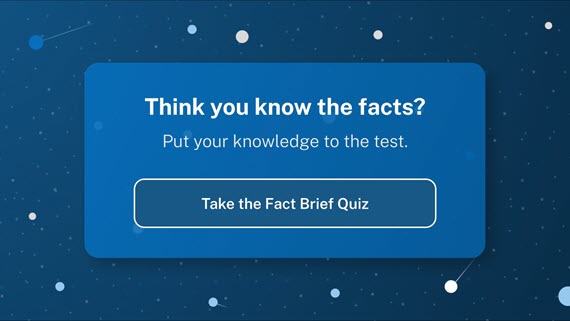Fact brief – Did Viking settlers enjoy a warm beach climate in Greenland?
Posted on 17 May 2025 by Sue Bin Park
![]() Skeptical Science is partnering with Gigafact to produce fact briefs — bite-sized fact checks of trending claims. You can submit claims you think need checking via the tipline.
Skeptical Science is partnering with Gigafact to produce fact briefs — bite-sized fact checks of trending claims. You can submit claims you think need checking via the tipline.
Did Viking settlers enjoy a warm beach climate in Greenland?
 While Greenland’s southern coast supported some vegetation in the Medieval warm period (950-1250 CE), it was not warm enough for a beach climate.
While Greenland’s southern coast supported some vegetation in the Medieval warm period (950-1250 CE), it was not warm enough for a beach climate.
The period was primarily a regional event, affecting Europe and parts of the North Atlantic. Studies of glacial sediment in Greenland indicate glaciers were near their maximum extent during these years. This suggests Greenland did not experience the same degree of warming as continental Europe. Exile Erik the Red chose the name “Greenland” to attract settlers rather than accurately describe the landscape.
Vikings settled certain areas of Greenland during these years, but abandoned their settlements after the Medieval warm period ended and the Little Ice Age began. Their experience shows how a changing climate can cause forced migration.
The Medieval warm period was caused by high solar activity and low volcanic activity. In contrast, today’s climate change is caused by human emissions of heat-trapping greenhouse gases.
Go to full rebuttal on Skeptical Science or to the fact brief on Gigafact
This fact brief is responsive to quotes such as this one.
Sources
The Washington Post Here’s the real reason the Vikings left Greenland
University of Maryland Greenland was Green/Ice Free in the Viking Times: Brief Responses to Climate Change Denialism Statements
The Conversation Climate explained: what was the Medieval warm period?
Science Global Signatures and Dynamical Origins of the Little Ice Age and Medieval Climate Anomaly
Columbia Climate School Study Undercuts Idea That ‘Medieval Warm Period’ Was Global
About fact briefs published on Gigafact
Fact briefs are short, credibly sourced summaries that offer “yes/no” answers in response to claims found online. They rely on publicly available, often primary source data and documents. Fact briefs are created by contributors to Gigafact — a nonprofit project looking to expand participation in fact-checking and protect the democratic process. See all of our published fact briefs here.




